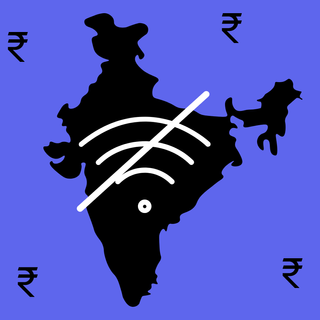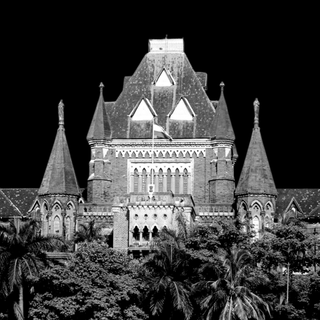Heavy snowfall in Kashmir has shut down travel within the region for more than three days, cutting the region off from other areas as airports and highways closed amid extreme weather conditions.
Despite the state meteorological department’s warning of extremely heavy snowfall this week, residents in the region — already beleaguered by curfews, internet restrictions, and the pandemic — are struggling to access basic goods and services. From cooking fuel to food to healthcare, life has suddenly become even more precarious in the valley, which was already disrupted since the government revoked the region’s autonomy in August 2019, and Covid19 lockdown began in 2020.
Due to the extreme weather conditions, two lives have been lost: a Central Reserve Police Force officer died in the valley after a snow-covered shed collapsed on him, and an elderly woman was killed when an avalanche of snow from a roof fell on her. Due to the accumulation of snow on rooftops, more than a dozen houses in the valley have sustained damages, NDTV reports.
Since the heavy snowfall has blocked its roads, there is little scope for even emergency travel in Kashmir, at the moment. Reports of patients and pregnant women having to walk for kilometers to reach hospitals are emerging. In some instances, the police have had to carry patients to hospitals on foot. Doctors, too, have been rendered unable to reach their patients due to the snowfall. This is the latest blow to healthcare in the region, which is already teetering under the impact of the Covid19 pandemic and impaired by the lack of access to high-speed internet for both patients and healthcare providers.
Authorities have ordered the rationing of automobile and cooking fuels in the valley, with a government order stating that LPG cylinders will be issued to consumers who apply for it, but “only after 21 days against proper acknowledgment and receipt,” leaving concerns about access to the critical good.
Related on The Swaddle:
Kashmiri Trans Community Faces Abject Poverty Under Double Lockdown
“I have heard about rationing of fuel for the first time…. The administration is saying they are fully prepared for the winter and have enough stocks, [but] consumers have to wait for three weeks to get a gas cylinder,” Firdous Ahmad Mir, resident of Srinagar, told The Indian Express.
According to local news outlets, the heavy snowfall has also led to disruptions in the supply of basic commodities like milk and vegetables in Kashmir.
Power supply in the valley was disrupted as well, and while electricity was restored in some parts of Kashmir yesterday evening, several villages continue to be in darkness.
Even if essential goods and services get restored soon, the effects of this week’s heavy snowfall could be more long-term; snow-blocked roads kept several individuals from sitting for an examination to recruit employees for the Jammu and Kashmir Bank.
Amid the chaos and confusion, Srinagar’s district administration has been active on Twitter, giving updates to people about snow-clearance efforts across the valley. “This is to assure our residents that our entire administration is on its toes in efforts to clear the snow and restore the affected services. With unrelenting snowfall this has been an unprecedented situation,” it tweeted Wednesday evening.
However, after more than a year without high-speed internet access, and a history of disregard for human rights in the region by authorities, some citizens aren’t impressed by the administration’s reassurances. “The officials are saying many things on Twitter but on the ground, the situation is pathetic…” Faisal Ahmad, another resident of Srinagar, told Hindustan Times.




